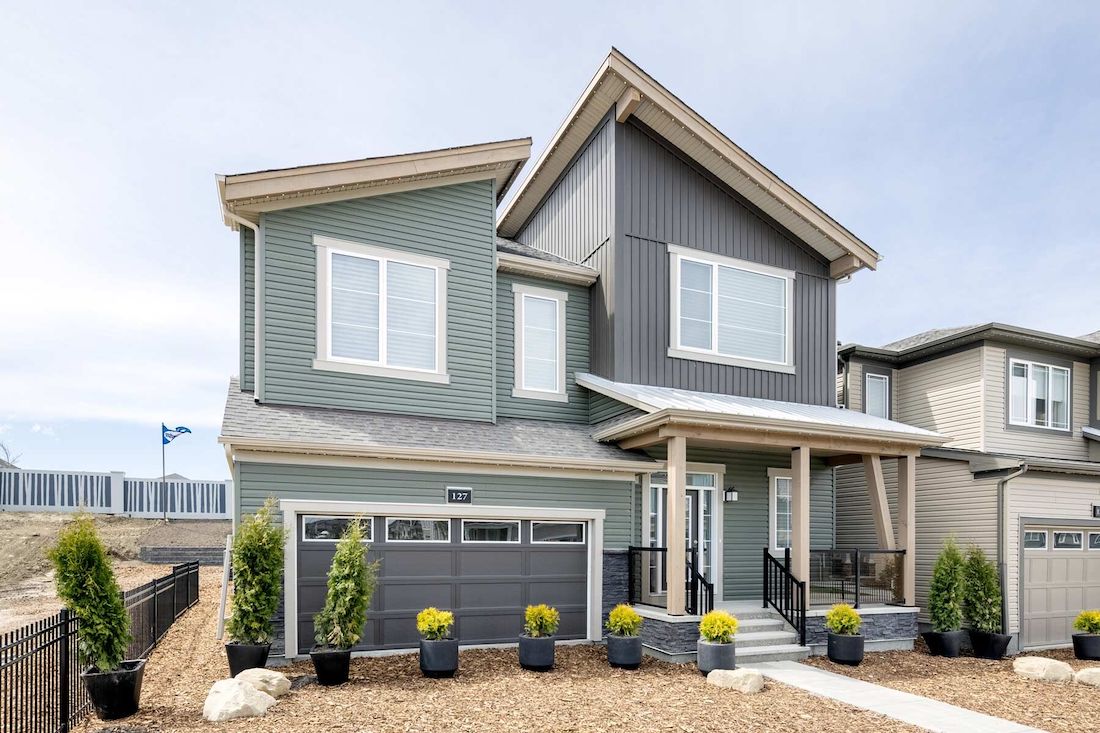Pre-construction real estate refers to properties that are available for purchase before they are built. Buyers invest in these properties at the planning or initial building stages, often benefiting from lower prices and customization options.
Benefits include lower purchase prices compared to completed homes, the ability to customize the unit, modern designs and amenities, and potential for significant appreciation in value by the time the property is completed.
Risks can include construction delays, changes in the real estate market that affect property value, potential for the developer to go out of business, and possible discrepancies between the promised features and the final product.
Typically, payments are made in stages: an initial deposit at the time of purchase, followed by scheduled payments throughout the construction period, with the final balance due upon completion and closing.
Yes, this is called an assignment sale. It allows you to sell your contract to another buyer before the property is finished. However, this option is subject to the terms and conditions set by the developer and local regulations.
Research the developer’s track record, review their past projects, check for any legal issues, and read reviews from previous buyers. It’s also beneficial to work with a real estate agent experienced in pre-construction sales.
Delays can occur due to various factors like construction issues, permit delays, or unforeseen events. The purchase agreement should outline the developer’s obligations and any compensation or options available to buyers in the event of significant delays.
Yes, there may be additional costs such as closing costs, development charges, utility hookups, and potential upgrades or customization fees. It’s important to ask for a detailed breakdown of all potential costs upfront.
In some regions, buyers have a cooling-off period after signing the purchase agreement, typically ranging from 5 to 10 days. During this time, you can review the contract with a lawyer and have the option to cancel the purchase without penalty.
Developers usually offer a selection of finishes and upgrades. During the purchase process, you’ll have the opportunity to choose materials, colors, and sometimes even modify the layout, depending on the stage of construction.
In pre-construction real estate, the deposit is the initial amount paid to secure the unit and is usually paid in instalments throughout the construction period. The down payment refers to the total amount paid upfront, including the deposit, to complete the purchase when the property is ready for occupancy.
The interim occupancy period is the time between when a buyer can move into the property and when the building is officially registered and the title is transferred. During this period, the buyer typically pays an occupancy fee to the developer.
Financing a pre-construction property involves securing a mortgage pre-approval, making the required deposits, and then obtaining a final mortgage when the property is close to completion. It’s important to consult with a mortgage broker to understand the terms and conditions specific to pre-construction financing.
Key elements to review include the deposit structure, construction timeline, occupancy date, cancellation policies, costs and fees, assignment clauses, and any contingencies. Having a real estate lawyer review the agreement is highly recommended.
Changes after construction begins are often limited and may incur additional costs. It’s best to finalize your customization options during the early stages of construction to avoid complications.
The PDI is conducted before you take occupancy of the property. You’ll walk through the unit with a representative from the developer to identify any deficiencies or unfinished work. This is your opportunity to ensure everything meets the agreed-upon standards.
Development charges are fees imposed by municipalities on new developments to fund infrastructure and community services like roads, schools, and parks. These charges can be substantial and are often passed on to buyers.
Yes, there can be tax implications, including HST/GST on the purchase price, potential rebates, and property taxes. It’s advisable to consult with a tax professional to understand how these factors apply to your situation.
A real estate agent can provide valuable guidance throughout the pre-construction process, from identifying suitable projects and negotiating terms to managing paperwork and ensuring your interests are protected.






